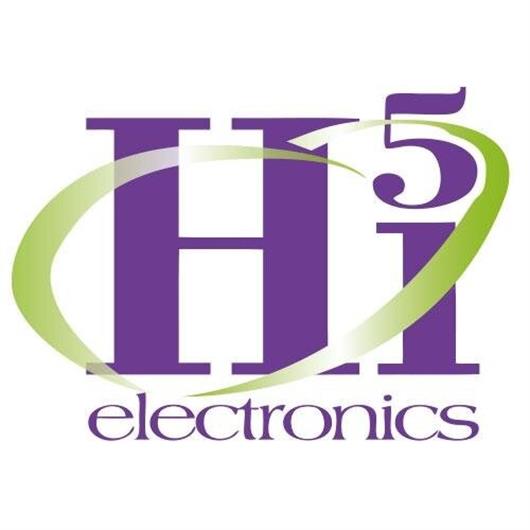 Add My Company
Add My Company
Sign In

The BBC is to deliver up to one million microcomputers to inspire high school children to get creative with coding, programming, technology and engineering.
The tiny, but massively flexible computer chips allow children to ‘get under the skin’ of technology in a way that their parents rarely could. In a world where employers are struggling to find candidates with the right digital and STEM skills, these kinds of initiatives could prove immensely valuable in the future.
The first batch of computers has already been delivered to thousands of Year 7 students and aims to reach a million students in 2016.
The basic chip includes 25 LED lights in a 5×5 array, Bluetooth, an on board compass and several programmable buttons. With its ability to connect to other devices like sensors and mobile phones, the possibilities for using the computer chip is astronomical.
Suggestions on the BBC micro:bit website include robots, musical instruments, simple games machines and compasses.
One school has even sent a chip 20 miles into the stratosphere where it took pictures of the earth and recorded a minimum temperature of -47.9°C.
The BBC sees the technology as the ‘little’ brother of the original BBC Micro project which formed the centrepiece of the organisations first computer literacy push in the 1980s. The BBC claims that many influential leaders in the technology industry at the moment cite the BBC Micro as having been crucial to their computing careers.
For more information on One Million Computer Chips For High School Students talk to Hi5 Electronics Ltd
Enquire Now
List your company on FindTheNeedle.
